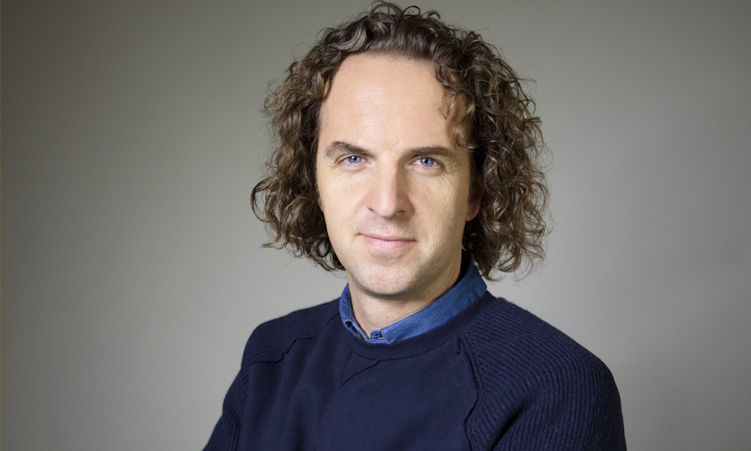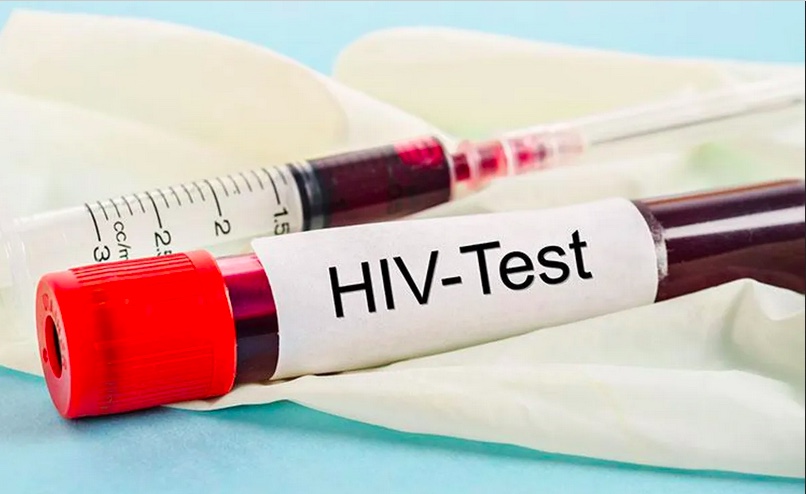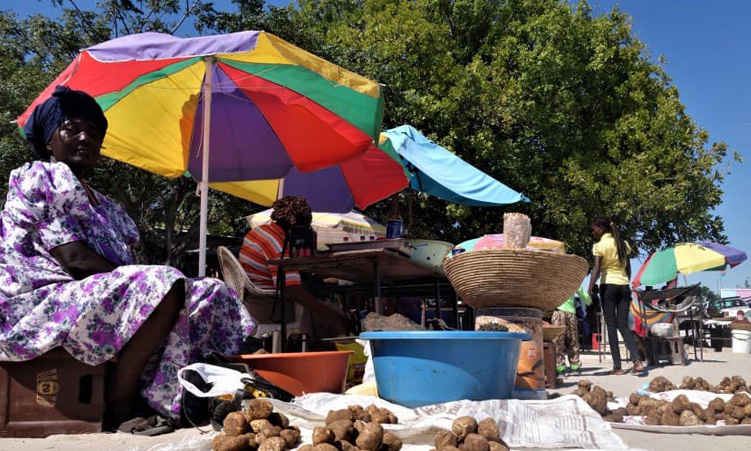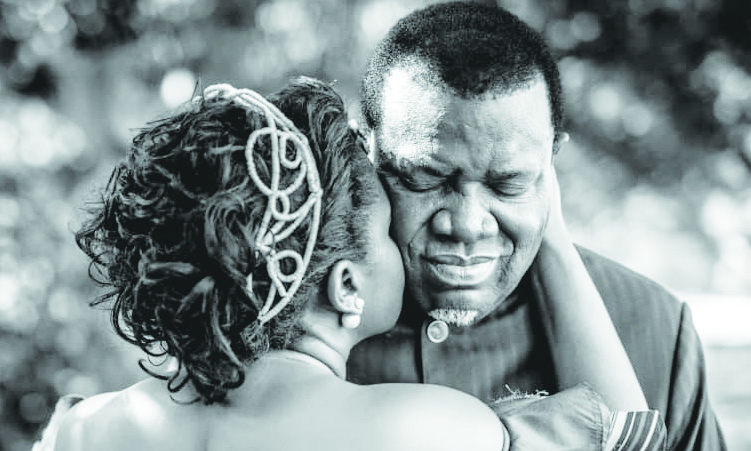The 2024 Summer Olympics taking place in Paris will remind many of us of the stellar performance of our athletes, Christine Mboma and Beatrice Masilingi, in the Tokyo Olympics.
Let’s go back to that joyful day.
Mboma and Masilingi were in lanes five and eight of the Olympic 200 metres final.
They were running their first Olympic final and were competing against outstanding and experienced athletes – including Elaine Thompson-Herah from Jamaica and Gabrielle Thomas from the US, both favoured to win medals.
Bang. The starting pistol was fired; 21 seconds later the then 18-year-old Christine Mboma had her first Olympic medal. Silver!
She came in just behind Thomson-Herah but ahead of Thomas.
Beatrice Masilingi achieved an amazing sixth place.
Remarkable achievements for two Namibian athletes who had not had access to the type of resources and training support available to athletes from wealthier countries.
ELITE SPORT AND FAIRNESS
Which brings me to my point.
At first glance, Olympic sport events appear fair. But is this really the case?
Do all contestants have the same chance of winning that gold medal?
Recently I was interviewed by a Dutch journalist about fairness in achieving Olympic success.
He wanted to understand more about the elite sport climate in Namibia compared to countries such as the Netherlands.
I explained the inequality to him using the examples of Mboma and Masilingi.
The road to competing in that 200m Olympic final for our Namibian athletes was not the same as the road followed by fellow competitors.
Our Namibian heroes did not have the benefit of being embedded in the type of ‘sprint culture’ that Thomson-Herah, Shelly-Ann Fraser-Price and other Jamaicans know.
They did not benefit from the sport tradition prevalent at American universities as Gabrielle Thomas did.
Some years ago, I was fortunate to be part of an international study on Sports Policy Factors Leading to International Sporting Success.
The study was led by renowned Dutch sport researcher Maarten van Bottenburg and investigated elite sport success.
It identified pillars important in building an elite sport climate in which athletes can excel.
These include financial support; organisation and structure of sport policies; a foundation of sport participation, performance and excellence; training facilities; coaching; opportunities for international competition and research.
Van Bottenburg concluded that: “In sport everybody has equal chances, but the opportunities to grab these chances are not equally divided. About 50% of the division of the Olympic medals is depending on the wealth of the country and the population size.”
He added that: “It is very easy: ‘More money in, more medals out’. The more investment in elite sport, the more medals a country can earn.”
IDENTITY AND SELF-ESTEEM
Because of this, the gap between more affluent countries and countries with limited resources deepens.
Evaluations of the Olympic Games in Rio de Janeiro (2016) and Tokyo (2021) show that high income countries swept a larger haul of medals – 67% in Rio de Janeiro and 70% in Tokyo.
This trend is not going to stop.
The more affluent countries compete among each other by investing more and more in elite sport as they realise that Olympic success is important for their nation’s identity and self-esteem.
Olympic sporting success is becoming very expensive. Where does this leave us in Namibia?
A quick look at our sport climate shows that most of the pillars are not very well constructed or maintained because of limited investment.
Namibian athletes don’t have access to the same level of medical support, financial support, technologies, support structures, coaches, etc, as other countries.
They have a much steeper hill to climb to success.
And even if we can invest more in these important pillars, it will be nearly impossible to catch up with the leading wealthier countries.
WHAT TO DO?
We can, however, work on improving the conditions around our athletes so they have a fairer chance when competing.
We can investigate where to invest limited resources for maximum efficiency and output – for instance by benchmarking with other countries comparable in terms of population size, GDP, and investment in elite sport.
Let’s also reflect on the words of the founder of the modern Olympics, baron Pierre de Coubertin, who said: “The most important thing in the Olympic Games is not winning, but taking part; the essential thing in life is not conquering but fighting well.”
For a Namibian athlete, qualifying to take part in the Olympics is already a world-class performance.
So, let’s salute our Namibian athletes – Helalia Johannes, Vera Looser, Alex Miller and Phillip Seidler, taking part in the sporting events all the way to the finish line – no matter the outcome.
- – Bas Rijnen holds a PhD in sport management
Stay informed with The Namibian – your source for credible journalism. Get in-depth reporting and opinions for
only N$85 a month. Invest in journalism, invest in democracy –
Subscribe Now!






